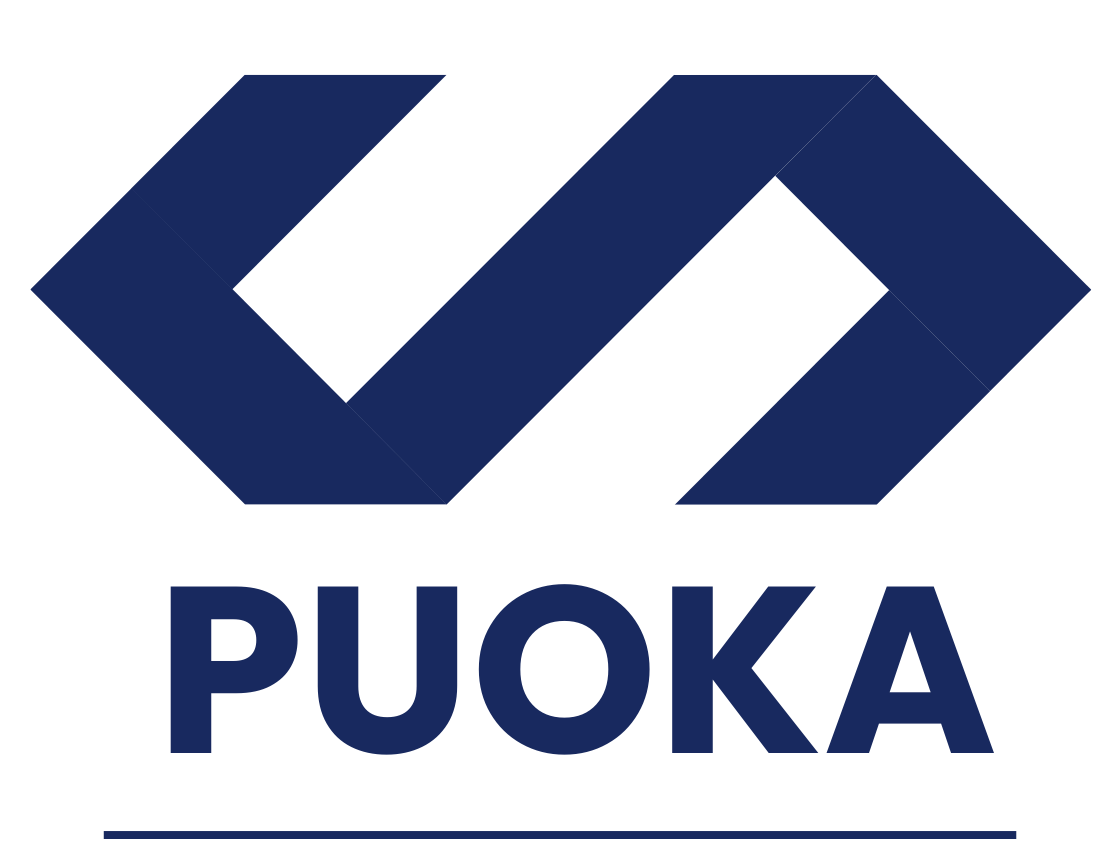A Deloitte study found that 79% of companies expect artificial intelligence (AI) to transform their organizations in the next three years. Naturally, this shift has meant big changes in search engine optimization (SEO) content and AI for marketing.
As with any powerful tool, using AI in SEO can be helpful or harmful. Learn the essential points about SEO content and AI, as well as need-to-know do’s and don’ts.
Some Basics About SEO Content and AI
Before we jump into what you should and shouldn’t do, let’s clear up a couple of points about SEO content and AI.
Can You Use AI for SEO Content?
Yes, you can use AI for SEO content. AI can help you streamline processes and improve your content quality. You just need to make sure you’re doing it the right way.
In fact, you may have already been using AI for SEO and not realized it. AI technology involves much more than generated text and images. For example, you’re probably using a grammar checker. AI is what processes your text for proper spelling, word usage, sentence structure, and readability.
Other AI-enabled content and writing tools include:
- Dictation apps
- Website analysis to find on-site improvements for SEO
- Traffic and competition analysis tools to assist with keyword planning
- Search engines that you use for keyword and topic research
If your company is going to be competitive, you need to enhance your SEO content with AI’s help.
Is SEO Still Relevant With AI?

Yes, SEO is still an effective digital marketing strategy in the age of AI. In fact, the massive growth in AI usage makes a thoughtful SEO strategy even more important.
Anybody can pump out article after article with AI to fill up a site with content. Fortunately, the search engines recognize this and keep updating their algorithms to rank websites for quality, not quantity.
For example, Google has a 170-page document of Search Quality Rater Guidelines. The focus is on ensuring that high-ranking sites are those that offer helpful, people-first content. This requires authors to demonstrate E-E-A-T: experience, expertise, authoritativeness, and trustworthiness.
AI can’t do that alone, but skilled human writers and editors can. Consequently, human-generated SEO content and AI can work together to boost your website rankings.
The Do’s of SEO Content and AI
Now that you know you can use AI with SEO content marketing, here are tactics you need to add to your arsenal immediately.
Use AI for Generating Ideas
You surely take inspiration from other writings or content sources. Generative AI can also be a springboard when you’re feeling stuck with writer’s block.
For instance, suppose you’re working on a subject that’s relatively new to you, and you want to include a couple of true-to-life examples. You can ask a generative AI app to give you 5-6 brief ideas. After that, you can do more research and take those examples in your own direction.
Likewise, AI can provide title ideas and article rough drafts. Just remember to use these to spark your creativity so you can make original content.
Automate Workflows and Repetitive Tasks
AI can save you tons of time on the routine tasks that SEO requires, especially on the technical side. Rank tracking, backlink monitoring, site crawls, and audits are functions you can and should use AI to handle.
Plus, automation is your friend when it comes to gathering data for competitive keyword usage and opportunities. Improve your SEO content with AI using tools such as Semrush, Moz, or Ahrefs.
Generative AI can also take some of the grunt work out of content research. One of our favorite uses is converting dense text from references into something more understandable. It can also summarize long articles to give you the main points. Turn master’s-level writing into clear and concise wording that you can quickly process.
Analyze Data With AI
AI doesn’t just do the hard work of gathering data; it also can help you understand it. If you’re serious about optimizing SEO content with AI, invest in one of the previously mentioned dedicated tools.
SEO marketing software processes your technical issues and topic research for actionable insights. Importantly, these tools put the information in clean and user-friendly reports so you understand what you’re looking at. That’s much better than staring at a black-and-white spreadsheet full of numbers.
In the case of Semrush, its AI-powered Copilot is an assistant that monitors your site’s SEO performance. It offers daily alerts about technical matters and gives you prioritized lists of what fixes will have the greatest benefit.
Personalized suggestions for competitor insights show you where to get the edge on your rivals. The tool also outlines new opportunities for building links and using keywords. Other features explain audience sentiment, user behavior, and audience segmentation to further tailor your content to your target demo.







